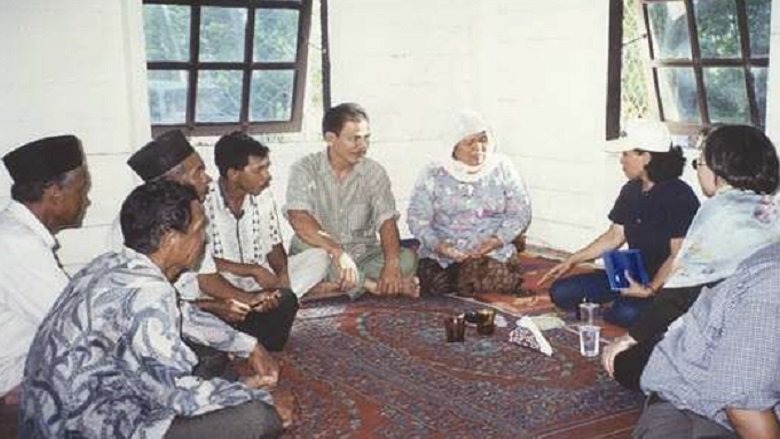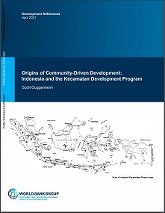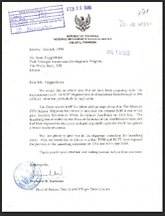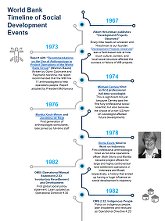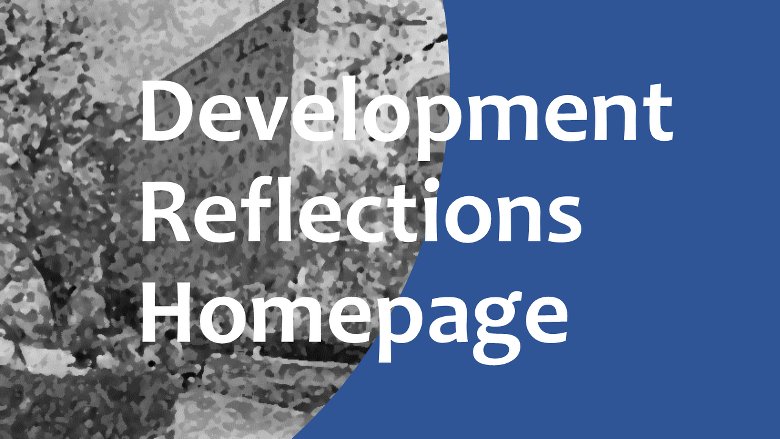“As someone now old enough to not only be called a founding father of community-driven development but also someone so past his expiration date that he now teaches courses on it, I thought it would be useful […] to write down a personal history of how I came to apply core concepts from anthropology, history, and sociology to one of the big challenges of the twentieth century, the role that poor people could and should be playing in modern development.”
– Scott Guggenheim
Scott Guggenheim joined the Bank Group in 1983, one of the cadre of professionals specializing in anthropology rather than the economics side of social sciences. After working on resettlement issues, he moved to the Bank’s Jakarta office where he remained for 14 years. This was a critical moment in World Bank Group and development history, a time that saw the Bank reacting to growing global challenges to development by bringing in new skills, strengthening other sectors besides economics and finance.
"From a development project standpoint, some of KDP’s most innovative ideas involved things like dramatically simplifying contract formats, or disbursing against village plans rather than requiring paid receipts for bags of cement or contractor’s reports. From an anthropological perspective, the most innovative parts were actions such as locating planning within the hamlet (dusun), proposal development at the village, and then decision-making in the sub-district (kecamatan), the historical, economic, and symbolic meeting point for all of the communities." - Scott Guggenheim
For audio-learners, Guggenheim sat for the first episode of the Development Reflections audio series, discussing his paper and his time in the Community Driven Development field. In his chat with the WBG’s Chief Archivist Elisa Liberatori Prati, available at the top of this page, Guggenheim gives a brief overview of working on the Kecamatan program and CDD projects, and lessons learned. He provides valuable insights into the need for people of different backgrounds and different outlooks to work together. In his reflections, Guggenheim advises that it is imperative for development practitioners to know and understand history, so we may learn and do better, rather than repeat mistakes.
The publication is being released as part of the Office of the Chief Archivist's new Development Reflections series, which focuses on examining the Bank Group’s past to help inform present development practitioners and influence the design of future operations.
